Medical billing denials continue to challenge healthcare providers across the U.S., particularly small practices and private clinics striving to maintain financial health while delivering quality care. Whether the issue is a simple clerical error or a more complex compliance oversight, billing denials can delay reimbursements and negatively impact cash flow.
Understanding the most common causes of denial—and taking proactive steps to prevent them—can significantly improve your practice’s revenue cycle management. In this article, we’ll explore the top reasons for medical billing denials and how tools like advanced medical billing software, professional medical billing services, and affordable medical billing companies curated for private clinics can help minimize risks and maximize collections.
Top Reasons for Medical Billing Denials
Medical billing denials often arise from a few common issues. Here are the most common reasons claims are rejected:
- Incomplete or Inaccurate Patient Information
Simple data entry errors—such as misspelled names, incorrect insurance IDs, or outdated contact details—are among the top causes of claim rejections. Even minor discrepancies can lead to instant claim denials by payers.
- Missing Prior Authorization
Certain services require pre-authorization from the payer before treatment. Failing to obtain this approval will almost always result in a denied claim, regardless of medical necessity.
- Expired or Inactive Insurance Coverage
Submitting claims for patients with expired, lapsed, or unverified insurance plans leads to immediate denials. Verifying insurance eligibility at each visit is critical to avoiding these issues.
- Incorrect Coding or Insufficient Documentation
Errors in ICD-10 or CPT coding—or submitting codes without the proper supporting documentation—can result in rejected or underpaid claims. Payers expect coding to be precise and compliant with current guidelines.
- Duplicate Claim Submissions
Submitting the same claim more than once due to system glitches or internal miscommunication can flag the claim as duplicate, resulting in delays and unnecessary administrative rework.
How Medical Billing Software and Medical Billing Services Help Prevent Denials
To reduce errors and streamline claim submissions, many practices are turning to medical billing software and reliable medical billing services. These platforms and providers can improve accuracy, automate workflows, and significantly reduce the likelihood of denials.

Key features include:
✅ Real-Time Insurance Eligibility Verification
Instant eligibility checks help confirm patient coverage before services are rendered, minimizing denials due to inactive or incorrect insurance details.
✅ Automated Coding Support
Integrated AI or rule-based coding systems help ensure the correct CPT and ICD-10 codes are applied based on clinical documentation—reducing human error.
✅ Claim Scrubbing Tools
Before submission, claims are reviewed (“scrubbed”) for potential errors, including invalid codes, missing fields, or formatting issues. This enables staff to identify and correct issues before the claim is submitted to the payer.
✅ Analytics & Reporting Dashboards
Advanced reporting features provide insights into denial trends, claim status, and payer performance, allowing practices to adapt and optimize billing strategies proactively.
With the right medical billing software, expert medical billing services, or a trusted medical billing company, even small clinics can enhance compliance, improve claim approval rates, and gain financial predictability.






